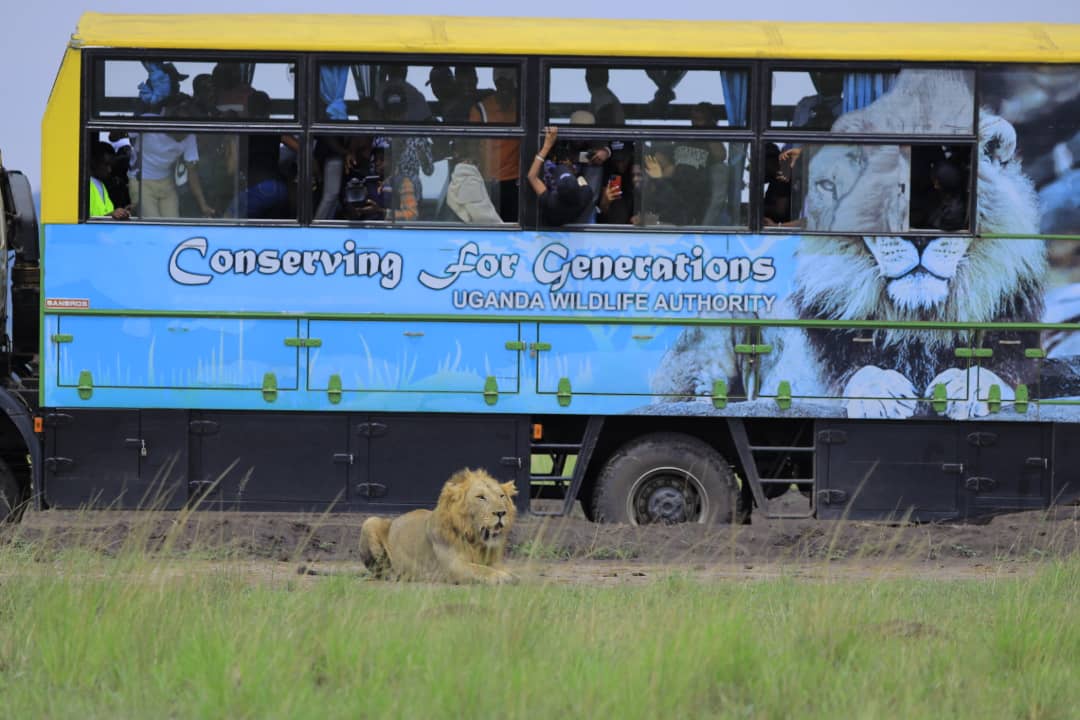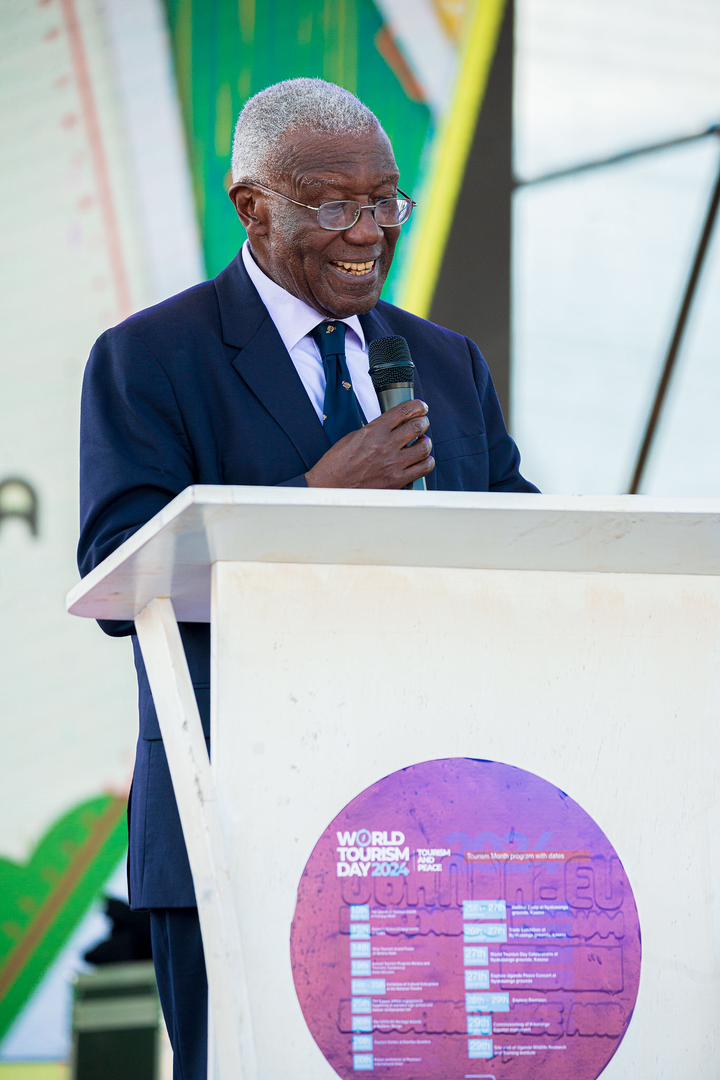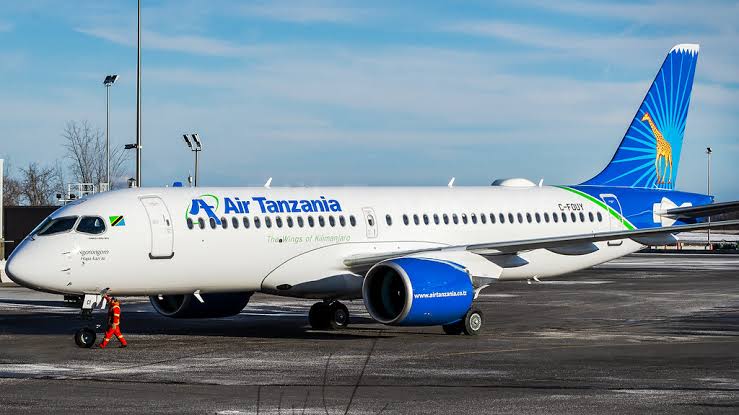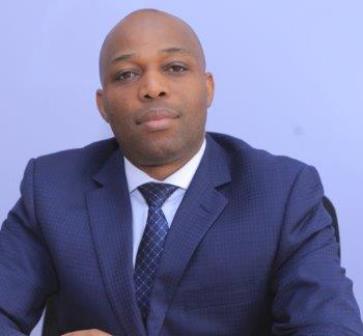Riding in the footprints of this year’s World Tourism Day 2024 celebrations that were celebrated in Kasese district on Friday, 27th September 2024, at Nyakasanga Grounds under the theme ‘’Tourism and Peace’’, the region is now a fast-blooming spot for tourism, among other economic activities, to thrive after decades of conflict.
This year’s theme shared a spotlight on Kasese as an emerging mark of peace, resilience, and renewal after historically being marred by conflict, primarily driven by political and cultural tensions that led to sporadic violence as these unrests initially discouraged investment, tourism, and development. Currently, Kasese is shaking off its past of insecurity and conflict and has since then rebranded itself as the most preferred peaceful and thriving destination for tourism, attracting both local and international tourists.

The district boasts some of Uganda’s most iconic attractions, including the Rwenzori Mountains National Park (a UNESCO World Heritage Site), Queen Elizabeth National Park, the new Uganda Equator Monument at Kikorongo, the Kazinga Channel, and Lake Katwe Salt Pans. As peace returns to the region, so too do tourists. The local government and tourism stakeholders have invested in marketing the region’s natural wonders, attracting both domestic and international visitors.

The revival of tourism has not only restored Kasese’s image as a safe and welcoming destination but has also brought economic benefits to the local population. Tourism has created jobs, supported local businesses, and encouraged investment in infrastructure, from roads to hotels. The rise of community-based tourism has also played a pivotal role in fostering peace by empowering local communities to share in the benefits of a peaceful environment.

Hon. Tom Butime, Minister of Tourism, Wildlife, and Antiquities, representing H.E. President Yoweri Kaguta Museveni as the Chief Guest, remarked that around the world, tourism has been recognised not only as a powerful economic driver but also as a force for good. The UNWTO has long championed the idea that tourism can be a catalyst for peace, bringing people together across borders, cultures, and communities. This is instrumental in creating a more peaceful and harmonious world.
He said, ‘’Today’s celebrations are not just about recognising the importance of tourism. It is a call to action. It is a reminder that we, as stakeholders in the tourism sector, whether as policymakers, private sector players, tour operators, or tourists, have a responsibility to contribute to peace. Our commitment to promoting tourism must go hand in hand with our commitment to promoting understanding, fraternity, and peace across borders.
‘’The Ministry has made significant strides in developing tourism infrastructure across the country, ensuring that both domestic and international visitors can experience the splendour of this UNESCO World Heritage Site. In the Rwenzori region, the government has invested in improving hiking trails, installing modern visitor facilities, and training local guides, many of whom are now key ambassadors of cultural and ecological tourism. Through the different tourism campaigns, we have enhanced awareness of the region’s tourism offerings, coupled with local and international events such as the Rwenzori Theluji Festival, the Rwenzori marathon, and the yet-to-be conducted Explore Rwenzori campaign, all of which have drawn attention to the region’s potential as a prime destination for nature-based tourism, cultural experiences, and adventure tourism. He added.
Doreen S. Katusiime, Permanent Secretary, Ministry of Tourism, Wildlife, and Antiquities, highlighted that ‘’The theme we celebrate today also reminds us of the importance of empowering the next generation. Young people are the future of tourism, and by equipping them with the skills and opportunities they need, we are not only ensuring the continued growth of the sector but also preparing them to be leaders in promoting peace and sustainable development. Youth bring innovation, energy, and fresh perspective qualities that are critical to ensuring tourism remains a vibrant force for good in the world.
Joseph Kule Muranga, Prime Minister Obusinga Bwa Rwenzururu Kingdom, during this year’s World Tourism Day celebrations, hailed the government for hosting the event in Kasese district.
He said, ‘’As Obusinga Bwa Rwenzururu, we are rebranding, which means we are doing things in a better way than we have been doing them, and so we believe that we have to reconcile with the government, reconcile with our old friends, make peace with everybody, and encourage people to come to Kasese and enjoy the Rwenzori region as a whole.’’.
In other developments
The tourism sector has undoubtedly faced significant challenges, yet it continues to progress and evolve, offering exciting, unparalleled travel opportunities for both Ugandans and international visitors. Gaps remain, particularly in areas like tourism promotion, infrastructure, skills development, and heritage conservation. To address these challenges, the government has clearly provided the most appropriate interventions in the 4th National Development Plan (NDP IV), which will be implemented from FY 2025/26 to 2029/30.
Despite the shocks experienced during the COVID-19 pandemic, the tourism sector demonstrated remarkable resilience. The government has integrated tourism into national development plans to ensure its alignment with Uganda’s broader economic goals, particularly those outlined in the National Development Plan III. This includes the development of tourism infrastructure, enhancing marketing strategies, and promoting Uganda’s rich cultural and natural heritage to boost both domestic and international tourism.
Currently, the government has a well-structured plan to position tourism as a cornerstone of socio-economic transformation. This is articulated in the tenfold growth agenda, designed to exponentially grow the tourism industry and maximise its impact on peace and economic transformation.
Much as some challenges are still cited in areas such as infrastructure development, human wildlife conflicts, land disputes, poaching, and encroachment in heritage sites. The government has developed a comprehensive plan under the 4th National Development Plan (NDP IV), which will guide its efforts over the period from FY 2025/26 to 2029/30 as there will be continued investment in modernising tourism infrastructure, diversification of tourism products, and building the capacity of the workforce to maximise tourist satisfaction, expenditure, and length of stay.
The government has set an ambitious target to grow Uganda’s economy from the current GDP of US$ 50 billion to US$ 500 billion by 2040; a significant part of this growth will be achieved by leveraging Uganda’s tourism potential. In the same period, the tourism foreign exchange earnings are expected to grow 25 times from the current US$ 2.0 billion to US$ 50 billion by 2040.
About Guide2Uganda
Guide2Uganda (www.guide2uganda.ug) is the most comprehensive source of travel information about Uganda that exists on the web, with more content on its cities & towns, accommodation, attractions, events, museums and galleries than any other online guide that currently exists for Uganda; as well as being a dynamic travel news and events driven site with fresh content added daily.
According to WeFollow & Peer Index (that measure online influence), we are among the most influential online media organizations in Uganda. Guide2Uganda was also awarded ‘’Best Destination Website in Uganda’’ by Jumia Travel Uganda in the 2018 Africa Travel Awards.
Share your events, travel stories & photos with the world via email: info@guide2uganda.ug.




